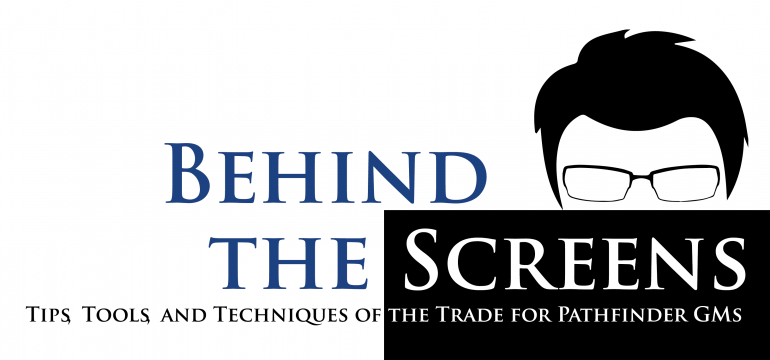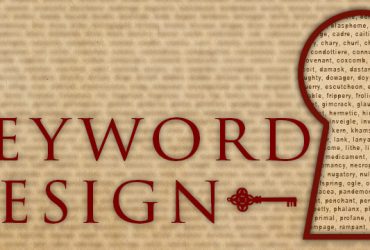Annnd I’m back!
This week I thought I might present a bit of an introspective offering. There’s an oft repeated axiom out there that goes a little bit like this, “Do what you love and you’ll never work a day in your life.”
I remember being a kid – maybe nine or ten – sitting across the breakfast table from my father. I don’t quite recall exactly how we got onto the topic of careers. But he said, “Do something you love and you’ll never have to do work.”
It’s a great sentiment. But not something particularly meaningful to my ten-year-old mentality. I loved playing games and going on fantastic adventures. I didn’t want to sit in school and learn about grammar or mathematics.
But as I grew up, I clung to those words. Even as I went to school and chose a career I never stopped looking for opportunities to “do what I loved”. I found game systems that I liked and introduced them to friends so I’d have people to play with. I came up with my own adventures and wrote my own games. Late nights writing in a beat up Meade notebook became the norm with dozens of NPC character sheets packed into the folder pockets. I’d dream of the day that I’d get paid to do this thing that I loved to do. Of a day when the thing I’d chosen to do for a hobby would be able to support my lifestyle. That I could create things that I loved and get paid for it. That I could be paid to play.
And then that day came and someone paid me to create something. And I learned real quick that work, even on things that are fun, was not play
There are lots of gamers out there who are enamored with the idea of getting paid to play. That grand ideal of being able to support yourself doing the thing you love to do. And it’s a worthwhile goal to strive for. But that dream dissolved quickly under the reality that creating works for other people is shockingly different than creating works for your own amusement.
The cold reality is that once you start doing something you love in order to support yourself (or your hobby) you’re more likely to love what it is you do a little less than you did. Worse, when the thing that you love to do starts to require the wants and needs of others it has a tendency to become – by nature – much less of a thing that you want to do and more of a thing someone else wants you to do.
When writing enemy NPCs and encounters for my own games, I could tailor them to the strengths and weaknesses of my PCs. When running the encounters I’d had designed I could improvise if my players were having too hard or too easy a time of it. When imagining up scenarios or cruel traps I could spring on my players. That was play. But when trying to come up with multiple successive encounters following a coherent narrative that also had to appropriately scaled for PCs between levels 7 and 11? That was work.
This is not to say that writing for others (and getting paid for it!) wasn’t fun. It was loads of fun. The challenge of writing to specifications I would otherwise have contrived of, the excitement of putting my work out into the world, the entire experience was awesome. But it was certainly work.
One of the wonderful things about having a hobby – whatever that hobby might be – is that it’s the opposite of work. It’s the activity that you can engage in during your leisure time. It’s the activity that allows you to unpack and decompress the stresses of your work day. A large part of that has to do with the fact that no part of your hobby activity is actually a requirement. You can do as much or as little of your hobby as you want. And if you find you don’t like what you’re doing you can go and do another thing. But if you start adding requirements to that hobby. If you impose design parameters and deadlines, suddenly that carefree activity starts to resemble that day job you’re trying to hobby-escape from.
I’ve noted this applying, albeit to a lesser extent, to the responsibilities associated with GMing. From all the little tasks like organizing, hosting, preparing games to actually running scenarios or designing encounters. When expectations – both your players and your own – begin to weigh down on you it can be easy to lose sight of what was so enjoyable about running your game(s). The pressure to create can start to feel like a burden and that defeats the purpose of the game to begin with.
The point is, that you can still love the work that you do. You can take gratification in the adventures you create and the stories that you tell. But it’s going to feel like work. And there are times when it’s going to be hard to do. And there are times when you just can’t stand to look at another stat block or read-aloud text. And those are the times when it can pay off to take a step back and find something that can let you unpack and relax so you can reengage again.






